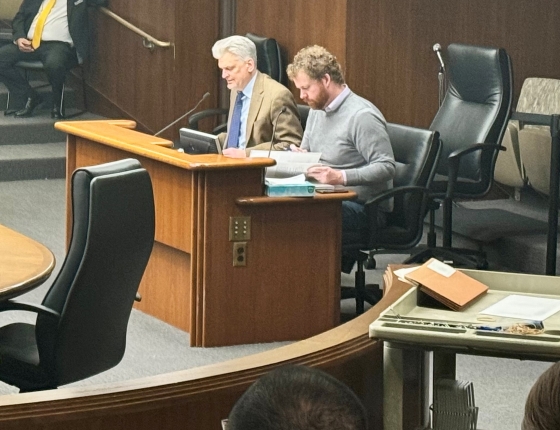Since the inception of Minnesota’s Energy Conservation and Optimization (ECO) Act in 2021, the energy landscape changed dramatically. We now have a cleaner grid and more opportunities than ever for efficiency electrification. Guardrails that were initially included in the framework to ensure certain measures were effective can be streamlined to make ECO better suited to the current energy landscape and more impactful. Proposed updates to the program will expand customer options, increase participation, and maximize savings benefits for Minnesotans.
Many of these modifications have to do with a more practical approach to efficient fuel switching (EFS), or the replacement of a building technology like a home’s natural gas system with one that consumes a different fuel such as an electric air source heat pump. In 2021, lawmakers developed tests to ensure EFS measures provided benefits compared to legacy fuels. Given today’s electric system, we can reduce administrative burden for utilities and regulators without compromising benefits to customers and the energy system.
The following proposed changes would streamline the EFS requirements.
- Allow utilities to show energy and emissions savings via an annual, seasonal, or monthly analysis, rather than hourly, to ensure savings and reduce administrative requirements.
- Remove the utility system load factor requirement since stakeholders found it is not possible to show meaningful impact at the individual measure level.
- Eliminate the requirement that natural gas utilities achieve 1% for energy savings before they are eligible for a financial incentive for EFS measures — giving gas utilities certainty on cost-recovery will make them feel more confident in providing EFS incentives to their customers.
There are also numerous opportunities to align ECO measures to maximize their benefits and encourage utilities and end-users to pursue more efficient fuel switching practices.
- Expand ECO research and development to include EFS and load management to support advancements in efficiency, electrification, and demand response.
- Create consistency across utility and third-party ECO programs by including EFS.
- Eliminate the prohibition of cost-recovery for advertising EFS and EV programs to spur adoption.
- Allow electric utilities to claim credit and propose a financial incentive for EFS to encourage more program offerings.
- Remove the spending cap a year early to align with IRA incentives and allow ratepayers maximum savings potential.
Enacting ECO gave Minnesota an updated energy efficiency framework to bring more innovation, options, and savings to more customers and utilities. In that spirit, these proposed changes would help ECO keep pace with the ever-evolving electric grid and rapidly advancing energy efficient technologies.
